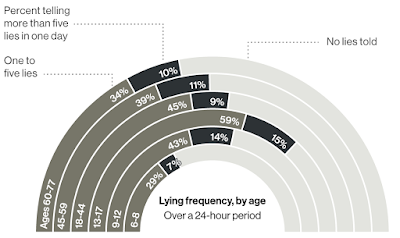A few weeks ago I wrote about truth and then about lies. We like to look at those things as two very distinct things. But in the case of the layup, the scorekeeper for North Lenoir did not believe that she was telling a lie at all. But if you saw the play, you knew that she couldn't be telling the truth. Science says that what we saw is actually pretty normal. It is very hard for us to change our minds. It's very simple and rational to think that we should just be able to look at evidence or information and determine if we are right or wrong in our thinking. But humans just don't do that and if you've ever had a political conversation at a family gathering, you know what I'm talking about. Our brains can look at information and pick out what supports our ideas and literally ignore any information that opposes it. Evolution has programmed us to not change our minds because it impacts our confidence and ego and overall makes us weaker psychologically. Being wrong makes you a loser. Our opinions create social circles that have developed a consensus and disrupting that can be very bad for us.
We are not always this way. Apparently, you become more rigid in your thinking as you age. By your thirties, you have developed a taste for foods and music and all sorts of things that you believe are "good" or "bad." After that age, not much changes. Younger minds are still developing and are much more open to information. Also as we age, we adopt a false sense of knowledge based on the people that we know and trust. For example, we don't need to know how our car engine really works if we know a mechanic. But I'll bet most people have an opinion on the dependability of a major car brand that we think is right. We do the same things with our opinions on all sorts of things from politics and climate change to consumer goods.
So here is what we know about truth, lies and changing our minds:
- Truths can collide and two people can be right and against one another.
- We all lie (usually daily) to promote our interests and teenagers lie more than anyone.
- Changing your mind about a truth can be really difficult, even if you have a mountain of evidence in front of you.



















